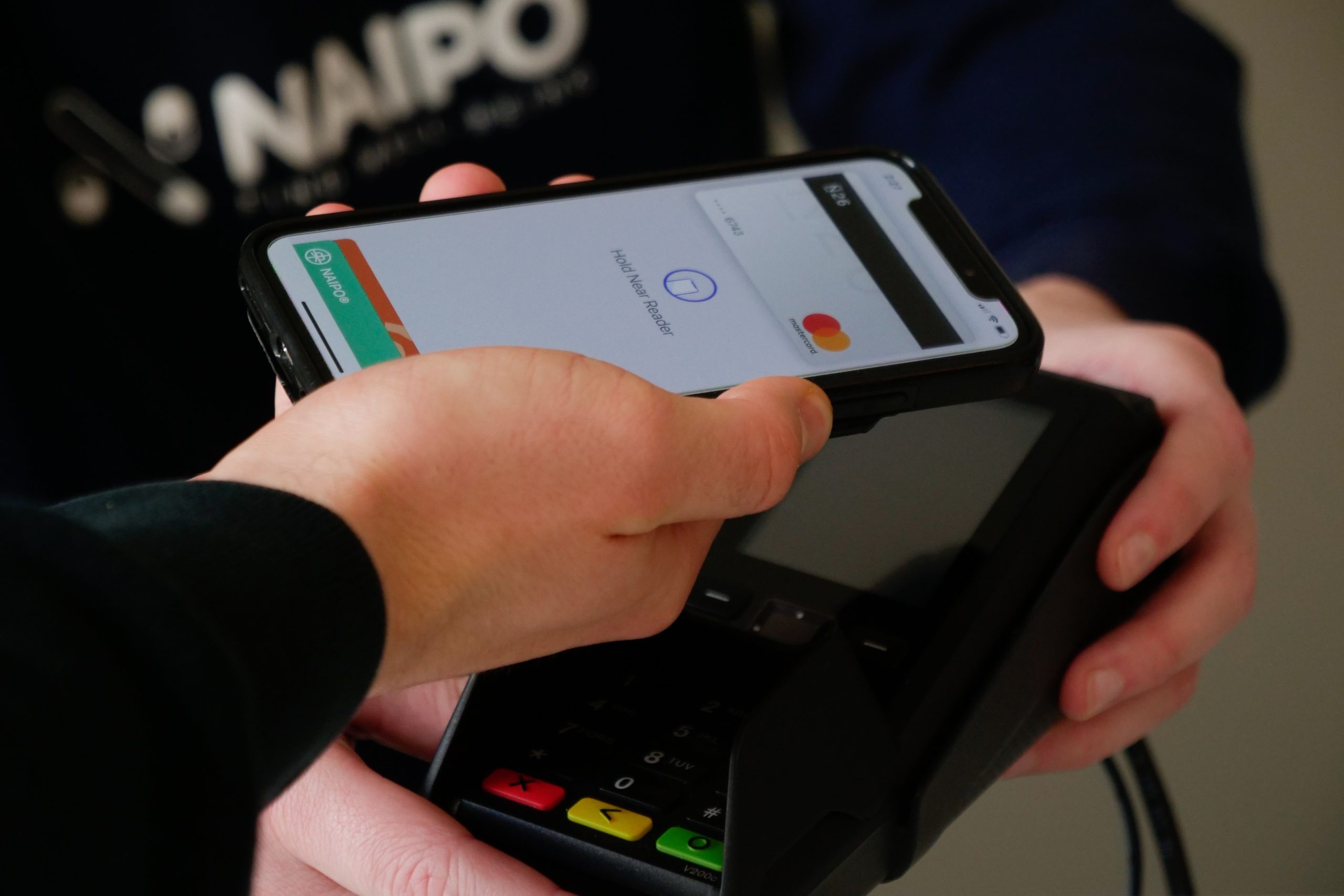Key learnings
- Understand the role of financial institutions and survivor support organisations in promoting survivor financial empowerment.
- Explore the six key drivers which will be covered in the following modules of this chapter.
The role of financial institutions and survivor support organisations
Financial institutions and survivor support organisations have a crucial role to play in equipping survivors with the skills and resources to manage their finances and develop long-term financial independence.
Our research has identified six key areas where banks and survivor support organisations can help drive long-term financial empowerment and address the existing barriers faced by survivors.
These include:
- Collaborating with survivor support organisations.
- Employee training and protecting vulnerable customers.
- Internet banking for survivors.
- Financial literacy education.
- Employability support.
- Access to wider banking services.
The importance of survivor financial empowerment and access to banking cannot be overstated, as it gives survivors a sense of hope and belonging.
Overview of the six key drivers
The following key drivers are essential for all financial institutions to address in the development of their own survivor financial empowerment programmes. They will also help to improve access for other vulnerable communities and to reduce the risk of exploitation.
Collaborating with survivor support organisations
Collaboration between frontline survivor support organisations and banks is one of the most effective ways to build a strong and effective survivor financial empowerment programme. It helps to develop a stable and accessible pathway for survivors to navigate financial services.
Employee training and protecting vulnerable customers
Specialised trauma-informed training can increase survivor financial inclusion by providing quality support during the account opening process and beyond. It helps prevent negative experiences for survivors and also improves customer care for other vulnerable customers who have been exposed to trauma.
“There should be a relationship; you should want to know every single participant as much as you possibly can…it lays a foundation that’s almost unbreakable.”
Kayla Bright, Programme Director, Shyne
Internet banking
Internet banking is a key driver of survivor financial inclusion and long-term independence. It is vital that financial institutions take into account the need for digital inclusion, addressing data poverty and the lack of digital literacy skills among survivors.
Financial literacy education
Financial literacy education is paramount for survivors to develop financial independence and should be delivered in a trauma-informed manner, taking into account a survivor’s experiences and potential triggers. This will help to advance long-term financial independence and help survivors make informed decisions about their future.
“Every survivor we work with has struggled with their finances. How to manage debt and make sustainable budgets… Mismanagement can result in a real dent in self-esteem.”
Emily Chalke, Co-Director, Ella’s
Employability support
Employability support for survivors can help to provide holistic, long-term financial independence and the chance for a survivor to move on with their lives. There are amazing opportunities to support survivors in this way. However, current initiatives across the financial industry are limited.
“I love working with the general public; it has given me a lovely boost of energy… this placement has been so important to me because I’m no longer sitting all day in the house, which was bad for my mental health.”
Bright Future Survivor Participant
Access to wider banking services and funding
Access to wider banking services is vital to a survivor’s financial independence, helping a survivor to move on with their life and start building for a better future. Beyond a basic bank account, financial institutions should support survivors to access a savings account, support for small businesses, and, when appropriate, personal lending and borrowing products.



